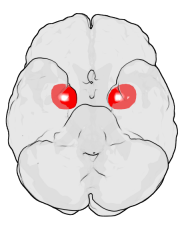TinyBubbles
anarchist
- MBTI
- ^.^
- Enneagram
- .
if no one is looking, if no one cares? if the recipient of your good act doesn't appreciate it, or is offended by it?
what's the point of morals if you can't always stick to them? and if right and wrong are purely subjective then what's stopping you from dictating your own sense of right and wrong, and acting according to it? is it wrong to conduct yourself in a manner that you've consciously chosen rather than one that seems appropriate according to the culture and traditions that you've been brought up in? :| IF your morals don't align with those of your peers, isn't it more than likely that you are in the wrong?
what's the point of morals if you can't always stick to them? and if right and wrong are purely subjective then what's stopping you from dictating your own sense of right and wrong, and acting according to it? is it wrong to conduct yourself in a manner that you've consciously chosen rather than one that seems appropriate according to the culture and traditions that you've been brought up in? :| IF your morals don't align with those of your peers, isn't it more than likely that you are in the wrong?

